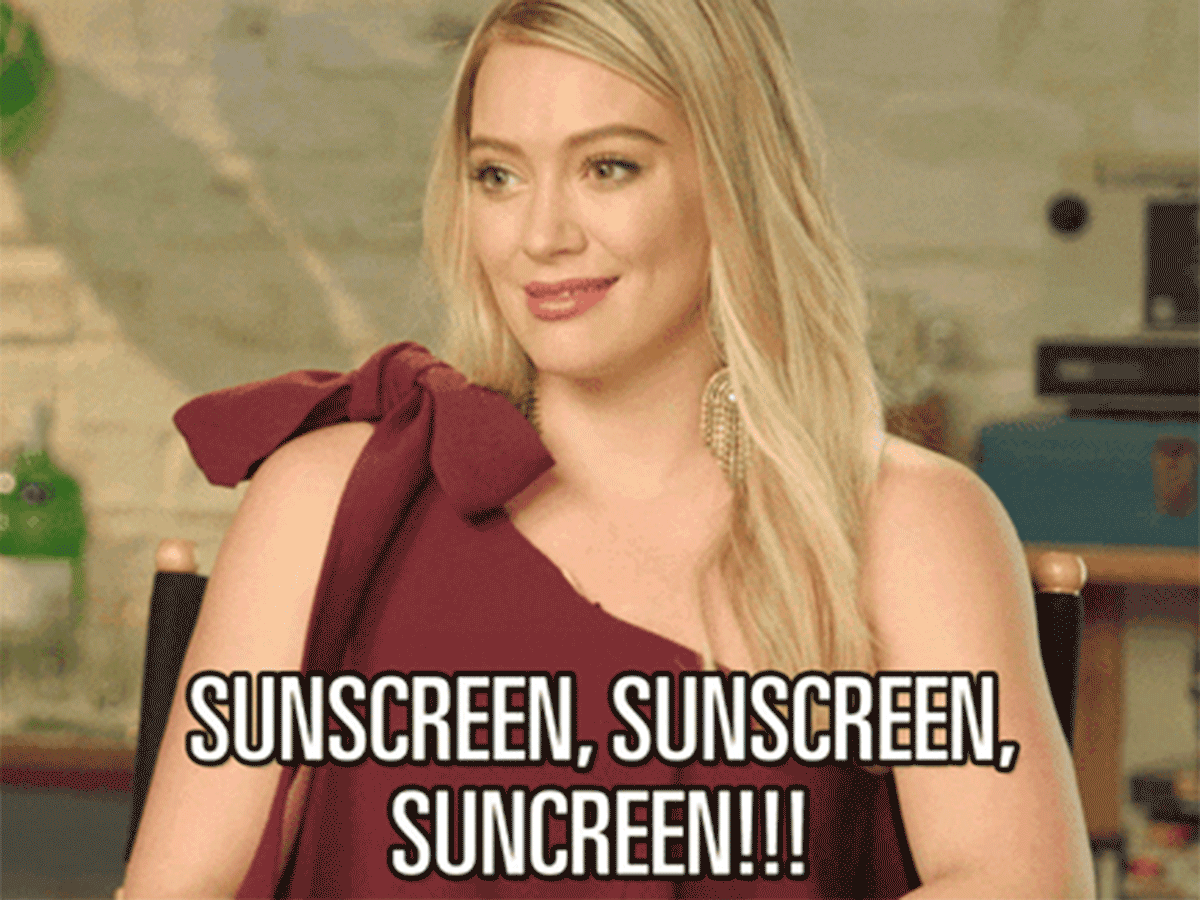
It sounds ridiculous, slathering yourself with cream in summer – with all that heat and all that humidity. But it will save you from weather-beaten skin.
A.S Sumayya, Specialist Dermatologist at Prime Medical Center, explains that three factors can leave you with dry, scaly arms and legs at this time.
1. Sun exposure: “Sun exposure can do real damage, especially if you are fair skinned,” she says. It peels the skin, leaving you red and flaking.
2. Air-conditioning pulls humidity out of the air – the lack of moisture can leave you feeling stretched out.
3. Excessive bathing and swimming: Hot water and chlorine can strip the skin of its natural oils very, very quickly.
When it comes to keeping the elasticity of your skin in check, there are three key moves you should make.

How to hydrate
Externally by using moisturizers, even if you have oily skin. “If you have got dry/itchy skin you should use a think ointment that locks the moisture in the skin. Creams [that are] are thinner help hydrate o good for normal skin; lotions are the lightest and are good for oily skin,” explains Sumayya. She also recommends using a lighter cream during the day and a heavier one at nighttime.

A minimum SPF of 30 is recommended and should be applied 20-30 minutes before you head out into the sun.
Hydration from the inside out mean drinking lots of water. Drink water in excess to cover the extra loss of body water in the form of sweat in summers, she recommends. Other than this, fruit and vegetable juices (watermelon, tomatoes, lettuce, etc.), milk, herbal tea, soup/broth, sports and electrolyte drinks for those who exercise and sweat more.
Protection
Moderation is key to sun exposure; a little bit is good for Vitamin D, a lot is terrible for everything. Did you know? "About 90 per cent of nonmelanoma skin cancers are associated with exposure to ultraviolet radiation," according to the Skin Cancer Foundation.
So the recommendation is avoiding sunshine at peak hours - read noon - but if you must be subjected to it, use an umbrella. Or cover your face with a scarf and body with full-sleeved clothing. Use a cap or hat.

Wear sunscreen: “Pick one that gets into your skin and gets absorbed,” says the doctor. “A minimum SPF of 30 is recommended and should be applied 20-30 minutes before you head out into the sun.” If you’ve got oily skin, a gel-based oil-free sunscreen will work well while if you have dry or combination skin, use a sunscreen moisturizer - with a matte finish if putting make up on, or a cream-based one, which gets absorbed well without leaving a residual layer. If you are headed to the pool or sandy beaches, reapply when the sunscreen washes off.
Warning: “Don’t forget the lips. Apply lip balms, lipsticks with SPF in them.” The ears and feet are other often-missed spots.
Exfoliation
Once or twice a week will work wonders, says the dermatologist. “Slough away accumulated dead skin cells clogging the pores”.








